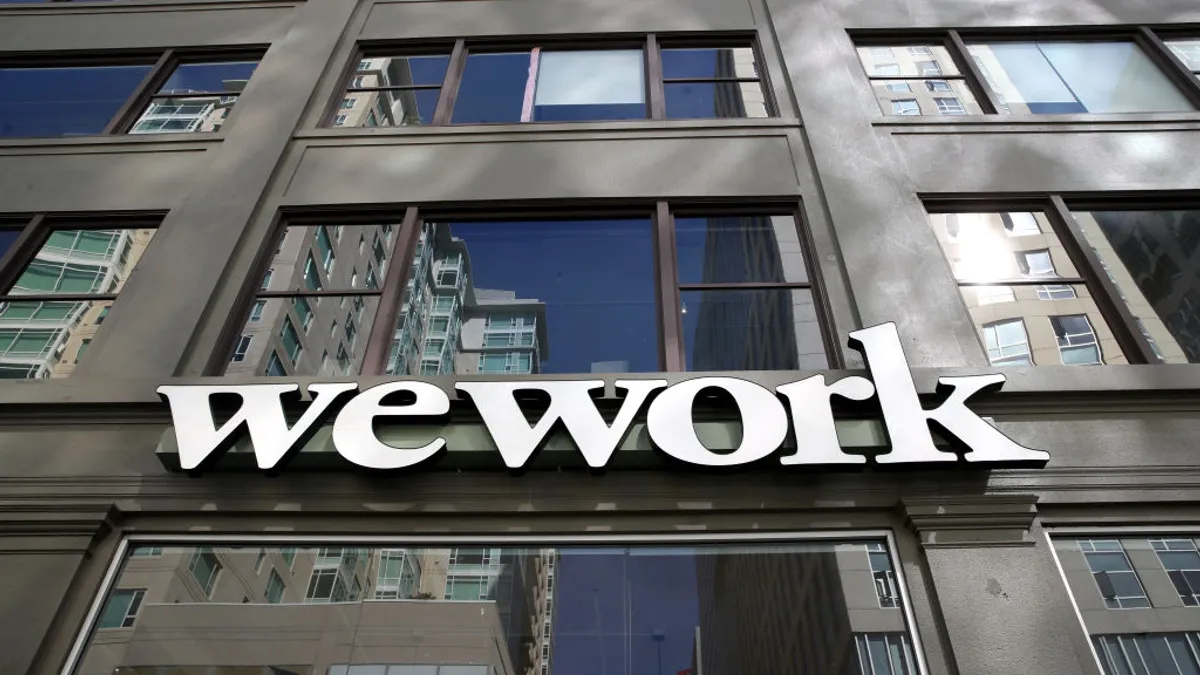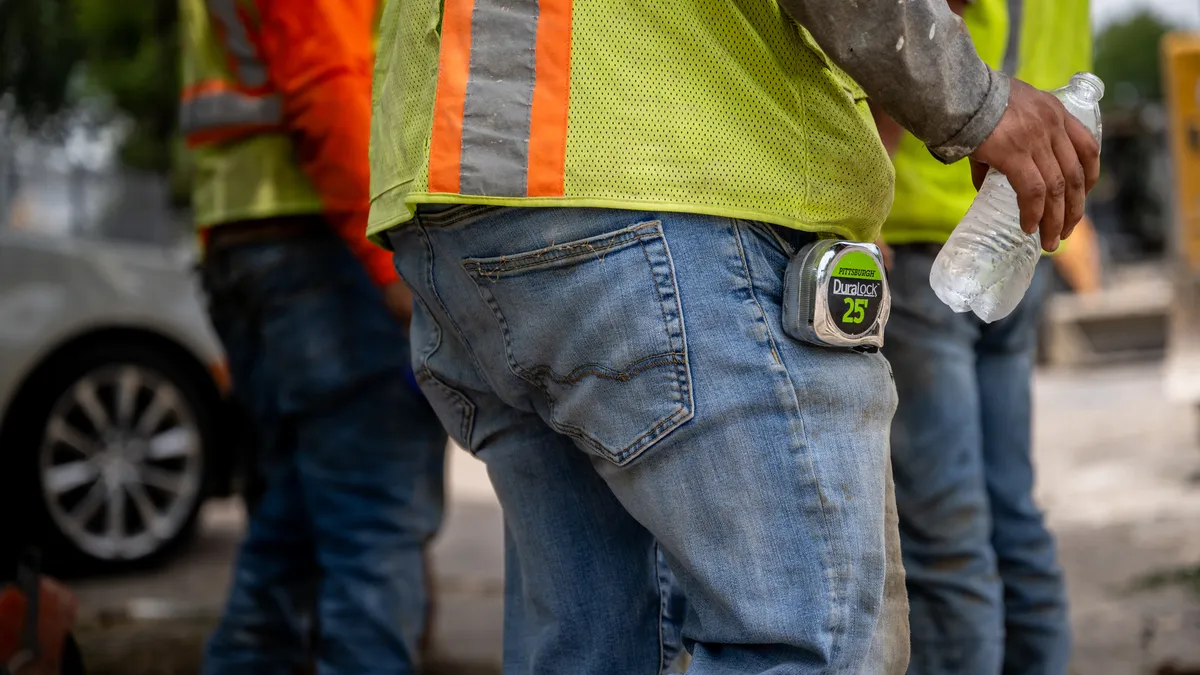Liv Watson is the senior digitization advisor for Capitals Coalition and co-chair of the Carbon Call expert working groups. She co-founded the open international standard for digital business reporting, XBRL. Marian Van Pelt is a senior vice president of climate and clean energy at ICF International and a senior fellow of the ICF Climate Center. She is the chair of the Carbon Call expert working groups.
We estimate the current gap in underreported greenhouse gas emissions by countries at a hefty 8.5 to 13.3 billion tons. Billion. That number is twice the total emissions from the United States last year.
Corporations that track their emissions see similar challenges in reporting. Most of these obstacles have the same root: access to the correct data.
We have ways to accurately report these emissions and solutions to strengthen emissions accounting, creating a collaborative path to a more sustainable corporate future. Data is the main roadblock to a more reliable and robust system — both its abundance and scarcity.
Historically, voluntary disclosure drove emissions reporting from corporations. More recently, reporting mandates are leading to hundreds of unique tools and software aiming for a more robust data capture, management, control and reporting process — one akin to systems used for financial data.
While more data points exist now than ever, discoverable data are still scarce, as finding the right information at the right time is challenging. And an abundance of data is not always synonymous with high quality.
Today, many emissions data are segmented and undiscoverable to professionals using even the latest greenhouse gas inventory software. This mismatched data in a vast digital ecosystem cannot support insight into companies’ current or future sustainability or create a level playing field for regulations.
The good news? If managed correctly, carbon emissions data are a massive opportunity for collective action to accelerate positive change.
The key to progress is interoperability, or the ability to compare, share and use information across greenhouse gas accounting and reporting systems. Managing and sharing carbon emissions data better can be a massive opportunity for collective action to accelerate positive change.
Interoperable data are the catalyst for change in how we manage the emissions that cause climate change. We can get there with cross-sector partnerships and buy-in.
Leaders from the private sector, nonprofits and philanthropy gathered to identify four constraints that, if solved, could change the emissions landscape. The research, done by the Carbon Call in tandem with household names like Microsoft and the United Nations, gives a simple outlook of current issues and future opportunities for greenhouse gas reporting.
We can move from the limiting constraints facing corporators, such as “You don’t have exactly what I need” and “I don’t trust you,” to metadata requirements that do wonders to increase transparency and accurate interpretation.
We can shift the flawed narrative from “I can’t find you” to discoverable data that is digital, searchable and accessible within corporations and supply chains and between organizations.
And we can leave behind the “I don’t understand you” complaint with a smart digital dictionary to ensure that terms are clearly understood and unambiguous.
Plus, investing in emissions reporting makes our global economy more resilient. Corporate investment decisions that fail to take note of environmental and climate matters can be misinformed if reporting is not accurate or transparent. This blind investment arena can perpetuate climate change as dollars flow into unsustainable activities.
Interoperable data can vastly improve where we spend financial resources. And the data brings an added benefit of cost savings for users since information is easily accessible.
Fragmented data could lead company executives to delay those investments or, worse, to make low-impact investment decisions. Corporations more interested in greenwashing or showing the appearance of action can then exploit gaps in data availability.
More aligned data sparks holistic change instead of piecemeal progress. Interoperable data is the magic piece of the puzzle, leading to greater corporate collaboration in the fight against climate change. It also helps companies navigate new compliance laws with fast-approaching deadlines.
Some companies are taken aback by the speed of reporting mandates from regulators. This new wave of emissions mandates may be one of the first times regulators are getting ahead of the private sector toward climate action.
A recent act in California requires businesses to report Scope 3 carbon emissions, similar to federal laws in Japan and policy in the European Union. And while the spread of carbon accounting laws encourages action, companies like Walmart are worried about the cost of compliance with new Scope 3 mandates at a price tag of up to half a million dollars.
Corporate supply chains can be incredibly complex. Tackling the harder-to-influence Scope 3 in a globalized world is equally tricky. Solving an intricate puzzle requires collective problem-solving from companies to make data more discoverable and, in turn, more cost-effective.
Only interoperable data can advance the entire ecosystem of carbon accounting to keep up with the speed of progress. While individual actions create incremental gains, a collaborative effort creates meaningful corporate change.





















